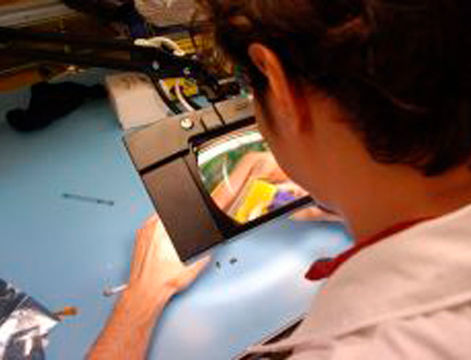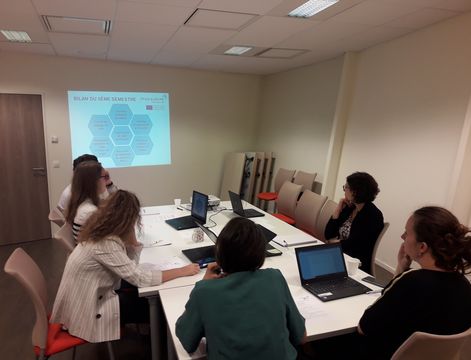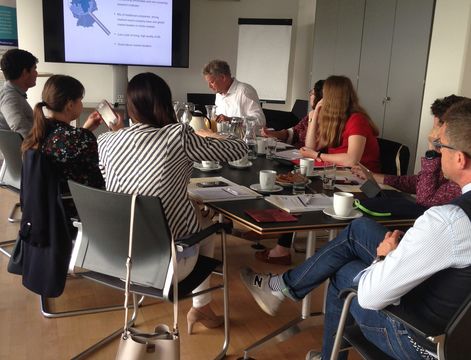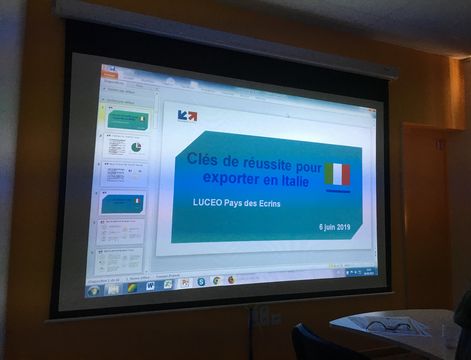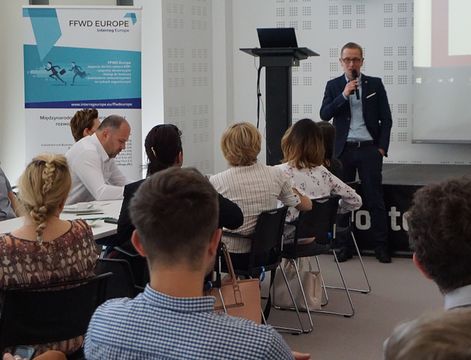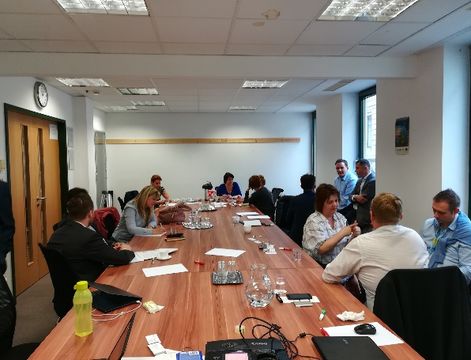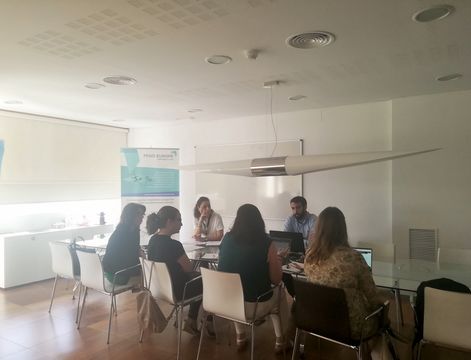Interview between Fabrizio Conicella (General Manager Bioindustry Park Silvano Fumero) and (i) Alessandro Sappia (President and A.D. of Biotechware) & (ii) Silvio Traversa (Chief Scientific Officer of Sienna Biopharmaceuticals) - two representatives of the accelerated/internationalised entreprises invited to the FFWD workshop in Turin, Italy.
1. The FFWD Europe event held at Bioindustry Park in Colleretto Giacosa included a session where you discussed with two accelerated companies on their experiences. The first step has been to find a common definition of company acceleration, could you explain what does this mean to them?
For the two entrepreneurs, acceleration means a discontinuity in the growth pace. This growth is not always linked to higher sells or to an increased dimension but rather to the business model innovation, to product development process and implementation of the go to market strategy. The sector in which the enterprise operates can influence the acceleration concept, but the common ground seems to be the “change of rhythm”
2. These companies have been accelerated and internationalised, these two processes are parallel and linked to each other. One of the main aspects that has been underlined is that it is very important «think global» from the day one. Why a company should take into account the theme of internationalization since its early stages?
Especially when operating in medium-high tech sectors, it is not matter to internationalize yourself, simply you operates already in a global dimension, with its threats and opportunities.
The global approach is essential and companies stressed that a growth strategy based only on local dimension becomes very risky.
3. Wich are the issues that the companies met during their acceleration and internationalization experiences? Which are the main limits that a company faces in the internationalization process?
Entrepreneurs claim that often it is necessary to face the global market starting from the very early phase because their needs are not satisfied at local level (e.g. weakness of risk capital).
In general, the entrepreneurs have no problems in facing export dynamics, taking part in fairs or meetings abroad. But an exporting enterprise is not necessarily an internationalized enterprise. Experiences show that, only in the case that managers have a global view from the very beginning, companies can fully exploit the related opportunities by identifying and solving issues. Cultural limits are perhaps the most difficult to overcome.



